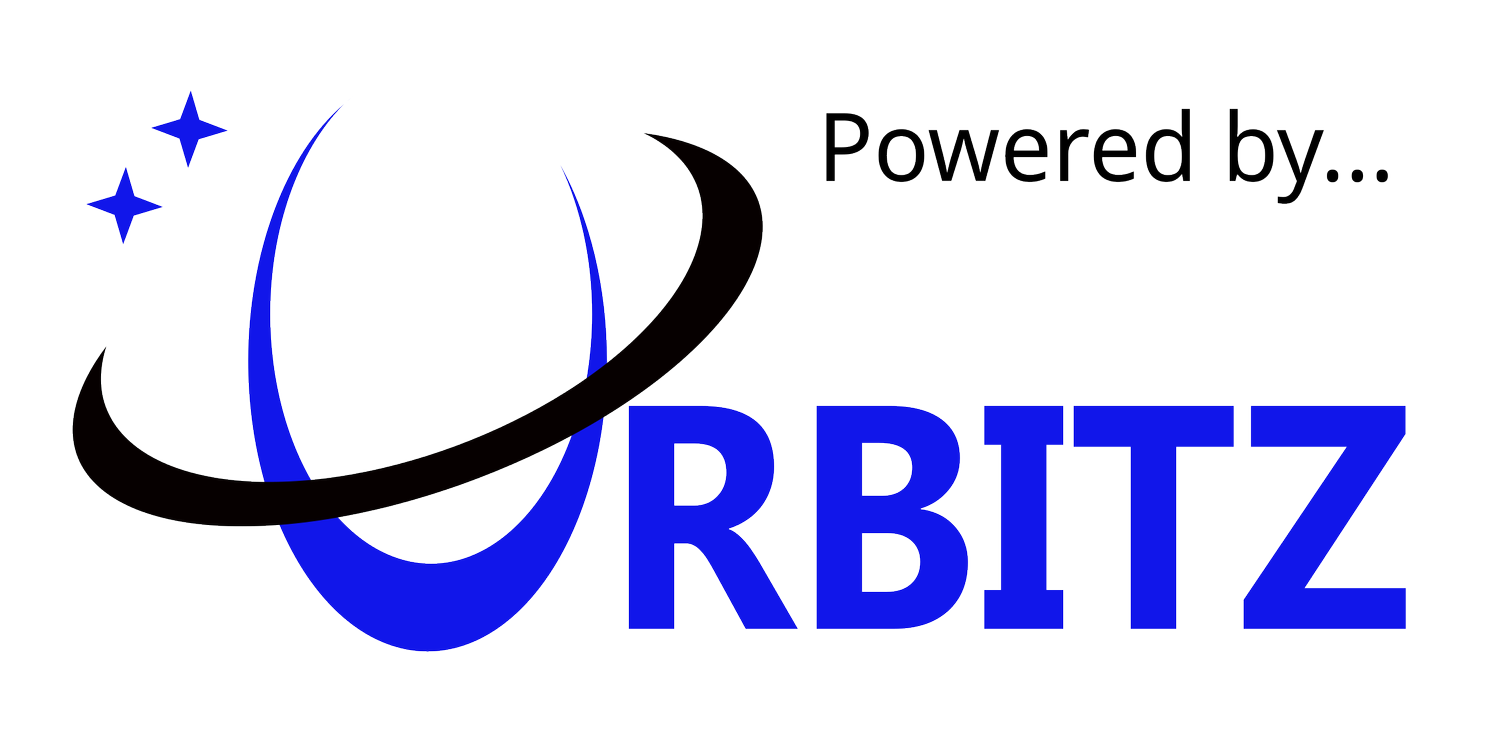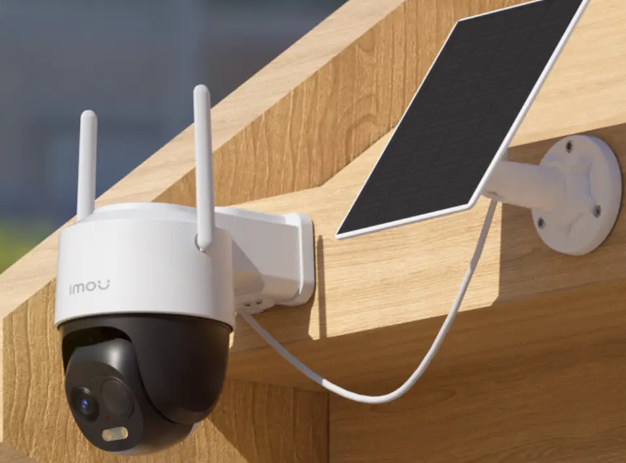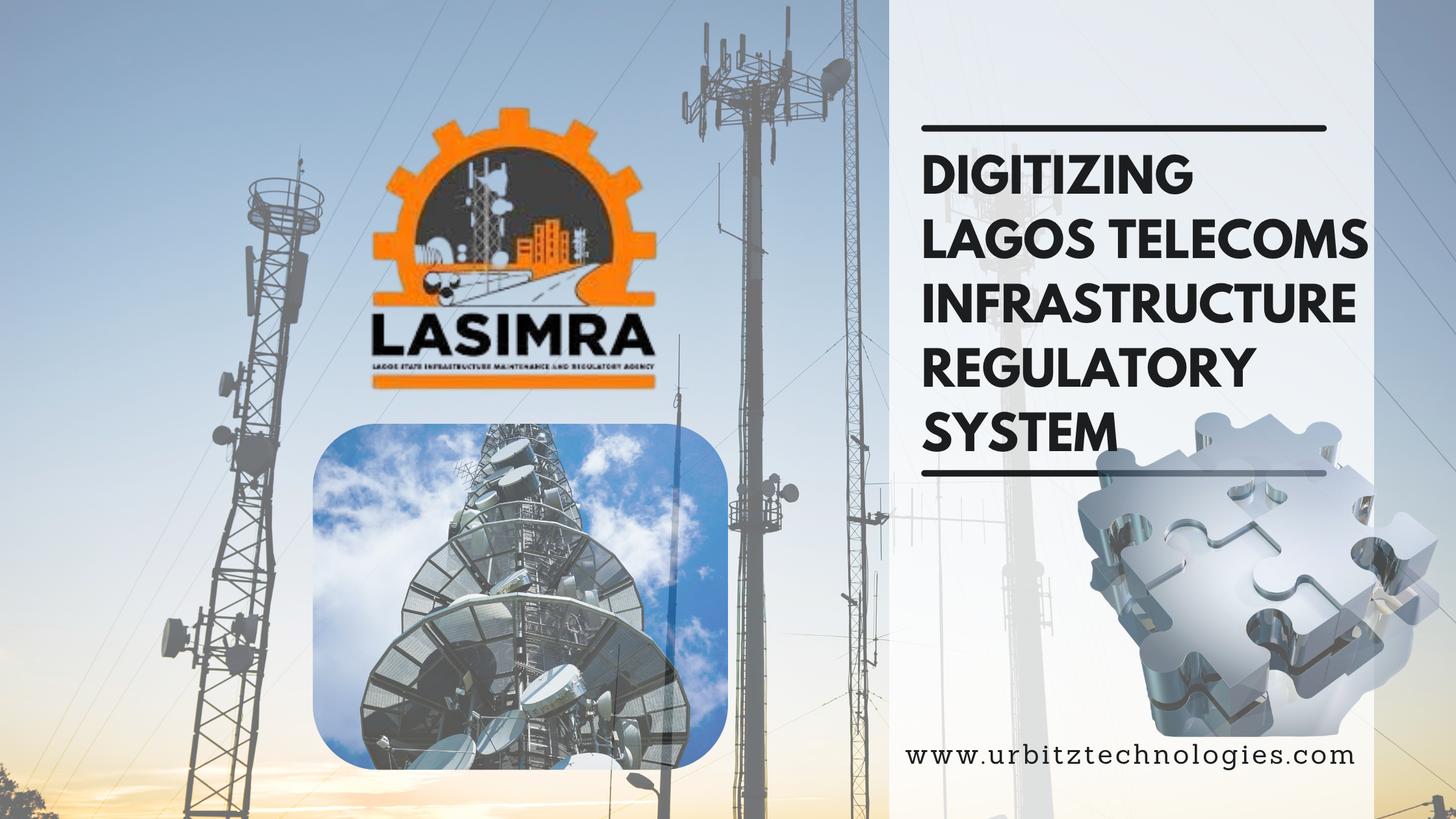Implications of LASERC Issuing Distribution Licences To Excel DisCo & IE Energy Lagos Ltd.
In a major restructuring of Lagos's power sector, LASERC has transferred electricity distribution operations from the incumbent providers to two new companies. Excel Distribution Company Limited has taken over from Eko Electricity Distribution Plc, while IE Energy Lagos Limited has replaced Ikeja Electric Plc.
With this key move, the regulatory oversight of Lagos's electricity sector has now formally passed from the Nigerian Electricity Regulatory Commission (NERC) to the Lagos State Regulatory Commission (LASERC), fulfilling the requirements of the 2023 Electricity Act and 2024 Lagos State Electricity Law.
Background / Context
Before diving into implications, a bit of context to ensure we’re on the same page:
Nigeria passed the Electricity Act 2023 and recently Lagos State passed the Lagos State Electricity Law 2024, both of which empower states to regulate intrastate electricity markets.
Following this, regulatory jurisdiction over electricity distribution in Lagos is being transferred from the Nigerian Electricity Regulatory Commission (NERC) to LASERC.
As part of the transition, large DisCos (distribution companies) in Lagos (e.g. Eko, Ikeja) are required to form state‐level subsidiaries, which must obtain licences from LASERC.
Details of how the legacy discos will, if at all , transfer existing assets to the new licensees is yet to be determined.
Overview of the Action
This move breaks the long-standing monopoly of the 11 existing Electricity Distribution Companies (DisCos) in their respective franchise areas. By introducing new players, specifically within the Lagos region (a key market), NERC is implementing its Power Sector Reform Act and promoting competition, a strategy often referred to as "franchising within a franchise."
Positive Implications (The Potential Benefits)
Increased Competition and Improved Service:
Customer Choice: For the first time, some consumers (likely starting with large commercial and industrial users) may have a choice of who supplies their electricity. This forces both the new and existing DisCos to compete on service quality, customer care, and reliability.
End of Monopoly Inefficiency: The existing DisCos have been widely criticized for poor service, estimated billing, and inadequate infrastructure investment. New players can capitalize on these weaknesses to attract customers.
Investment in Infrastructure:
New Capital Inflow: The new licensees are required to bring in fresh investment to build or upgrade distribution networks (transformers, lines, substations). This directly addresses one of the biggest bottlenecks in the Nigerian power sector.
Modernization: New entrants are likely to deploy modern technologies like smart meters, automated grid management systems, and digital customer service platforms from the start, setting a new standard.
Improved Metering and Billing Transparency:
A primary pain point for consumers is estimated billing ("crazy billing"). New companies will likely prioritize 100% metering as a key strategy to attract customers away from the incumbent (IKEDC). This could finally resolve the metering crisis in their areas of operation.
Focus on Underserved Areas:
The new DisCos might increase attention to areas within Lagos that are poorly served by the incumbent. By building dedicated infrastructure for these areas, they can unlock economic activity and improve the quality of life for residents and businesses.
Regulatory Precedent and Market Confidence:
This action signals NERC's commitment to reforming the sector and making it more attractive for investors. It demonstrates that the regulatory framework can adapt to encourage competition, which builds confidence for future investments in generation and transmission as well.
Challenges and Potential Risks
Regulatory and Operational Complexity:
NERC's oversight role becomes more complex. It must now manage and regulate multiple entities within the same geographical space, settle disputes between them, and ensure fair market rules.
The relationship with the Transmission Company of Nigeria (TCN) becomes more complicated, as multiple DisCos will be drawing power from the same transmission substations.
Strategic and Long-Term Implications
Blueprint for National Reform: If successful in Lagos, this model will likely be replicated in other major cities like Abuja, Port Harcourt, and Kano. It represents the future structure of Nigeria's electricity distribution market.
Pathway to a Fully Competitive Market: This is a critical step in transitioning from a monopolistic market to a fully competitive retail electricity market, which is the end goal of the power sector reform.
Pressure on Generation and Transmission:
Positive Pressure: Increased and more efficient distribution will create higher demand for power from generation companies (GenCos) and put pressure on TCN to improve and expand the transmission grid.
Negative Risk: If the GenCos and TCN cannot meet the increased and more reliable demand, the entire effort could be undermined, leading to frustration.
Conclusion
The issuance of distribution licences to Excel DisCo and IE Energy Lagos Ltd is a bold and necessary step towards solving Nigeria's power problems. Its primary implication is the introduction of competition, which is expected to be a key driver for improved service, innovation, and investment.
However, the success of this initiative is not guaranteed. It hinges on effective regulatory capacity of LASERC and the financial and technical capability of the new entrants to deliver on their promises.
In the short term, there may be confusion and resistance, but in the long term, this move has the potential to transform the distribution segment and significantly improve electricity supply for millions of Nigerians.








Fabricated Alumimium bracket for wall mounted camera
Cameras supported includes but not limited to :
TP-Link tapo
Imou ranger